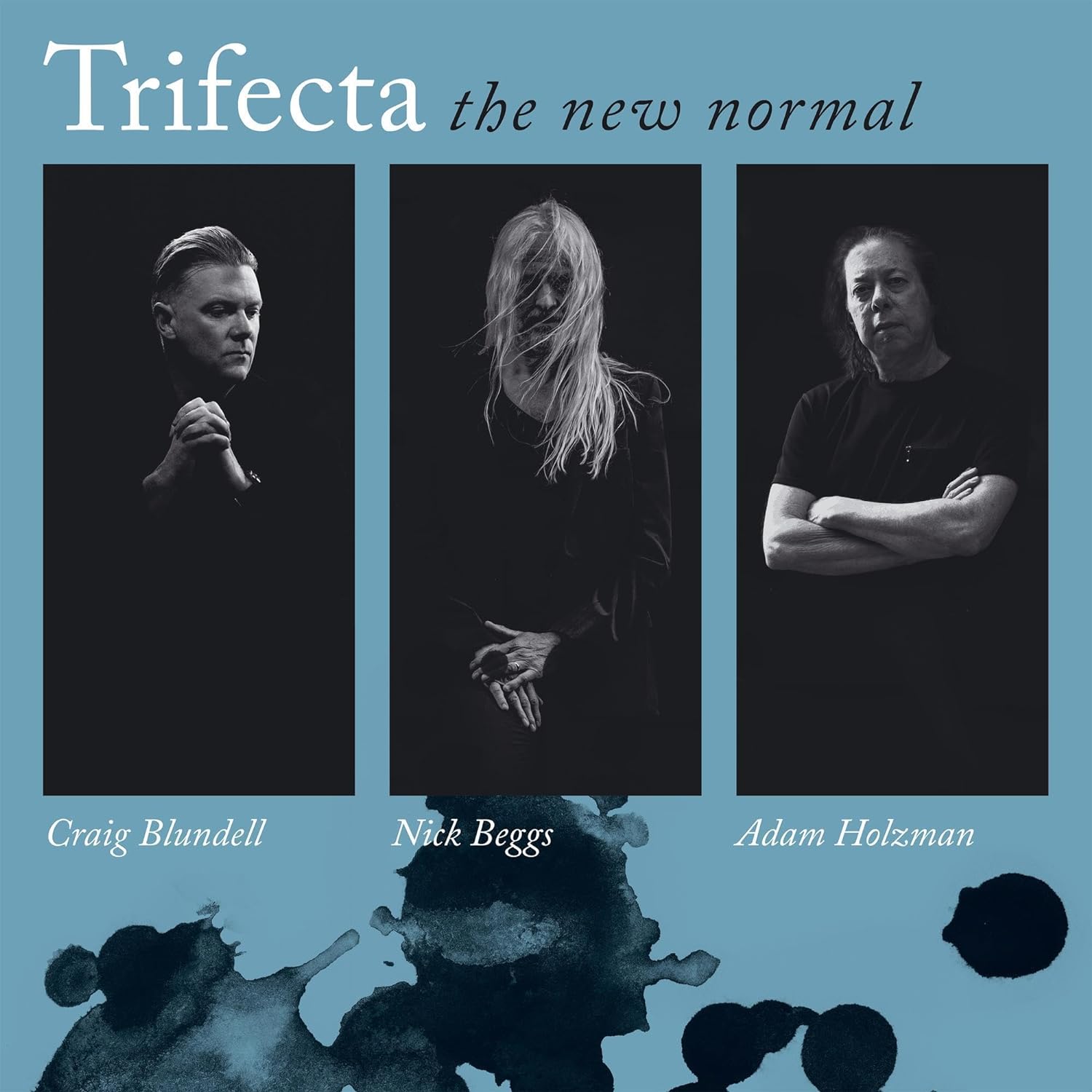
It’s been a long time coming but, finally, Matthew Heafy’s Ibaraki project has come to fruition. A pairing with Emperor’s Ihsahn (who produces the album) and featuring contributions from Gerard Way, Nergal, Ihsan’s wife, Heidi, not to mention Trivium members Alex bent, Paolo Gregoletto and Cory Beaulieu, it treads a line between Heafy’s day job in Trivium and his early (and much touted) love of black metal. More than this, however, Ibaraki also sees Heafy explore his Japanese heritage, making for a deeply personal album that covers a great deal of ground, often sounding quite unlike anything else that the multi-talented Heafy has yet produced.
The album opens with the short, scene-setting Hakanaki Hitsuzen before exploding into life with Kagutsuchi. It could be argued that the track cleaves close to Trivium at the outset, albeit with a blacker feel to the riffs; but come the mid-point, it all begins to change, with Heafy bringing in clean passages, jazz-interludes, and even operatic elements. The result is a piece that defies easy categorisation, highlighting an adventurous spirit that remain in evidence across the ten-track album. Harking back to the grandiose black metal of Emperor, the huge intro to Ibaraki-Doji gives way to a relentless barrage of white-hot riffing and furious blast beats. The synths, meanwhile, add Eastern elements that evoke a sense of majesty that is neatly juxtaposed with Heafy’s throat-ripping vocal performance. As with its predecessor, Ibaraki-Doji clocks in at seven minutes, but you’ll not feel the run time such is the power of Heafy’s ferociously passionate delivery. It’s one of those pieces that just keeps getting bigger too, reaching an almost impossibly huge climax that sets the adrenaline surging through the veins. Another long song follows in Jigoku Dayu, but it’s far from more of the same. Opening as a subtle acoustic piece, it sits close to Opeth’ s Damnation album, with its gorgeous melody and steady progression. One of the most understated works of Heafy’s career, while it eventually explodes, there’s a sense that the climax is earned and it emerges as a strong album highlight, neatly summarising the skill and passion found in abundance across the record. The first half concludes with the shorter, sharper shock of Tamashii No Houkai, a rampant outpouring that stands as the blackest moment on the album to this point, although the clean chorus may prove a bit too much for some looking for a more straightforward burst of aggression.
Perhaps unsurprisingly, Akumu (feat. Nergal) is a vicious beast that makes good use of its guest. Like Heafy’s contributions to the Roadrunner Allstars album, Akumu sees Matt writing with Nergal in mind and the resultant track is a potent cocktail combining Heafy’s more melodic instincts with Behemoth’s earthy assault. No less impressive is Komori, which sees multi-layered screams fall over themselves against a ferocious backing that mixes Opeth, Storm Corrosion and Trivium to impressive effect. That Opeth feel remains on Ronin (feat. Gerard Way), a rippling piece that has a progressive undercurrent to it. However, the soaring vocals serve to distract and, while they’re juxtaposed with some of the album’s most obviously black metal influenced passages, the result is an uneasy compromise between Trivium’s more commercial instincts and Heafy’s love of black metal, and it is arguably the weakest track on the album. Ihsahn appears to lend a hand on the brutal Susanoo No Mikoto, a more effective pairing that, despite its reliance on clean vocals, more effectively captures the elegance and extremity of latter-day Emperor (think Prometheus), although some may still find it a step too far out of black metal’s seething cauldron for comfort. The album wraps up with the short and rather whimsical Kaizoku, a track that sees its dark lyrics set against a madcap backdrop that showcases a twisted sense of humour at work.
When you have spent years honing your sound, it is unsurprising that it may creep into your various endeavours, and there is no doubt that, at times, Ibaraki sounds like Trivium. Nevertheless, Matthew Heafy is a talented musician, with a broad taste, and Ibaraki draws on a wider range of influences, often pushing into darker territory, although that love of melody is never fully extinguished. The result is an album that will appeal to those who long for Trivium to explore the harder edges of the musical spectrum, as well as those whose interests in black metal account for the more progressive explorations of latter-day Opeth. It’s not always successful and there are times (most notably on Ronin), when commercial elements rub awkwardly against the extremity, but on the whole, this is a strong outing from a musician whose diversity rarely receives the attention it deserves. 7.5/10










Leave a Reply